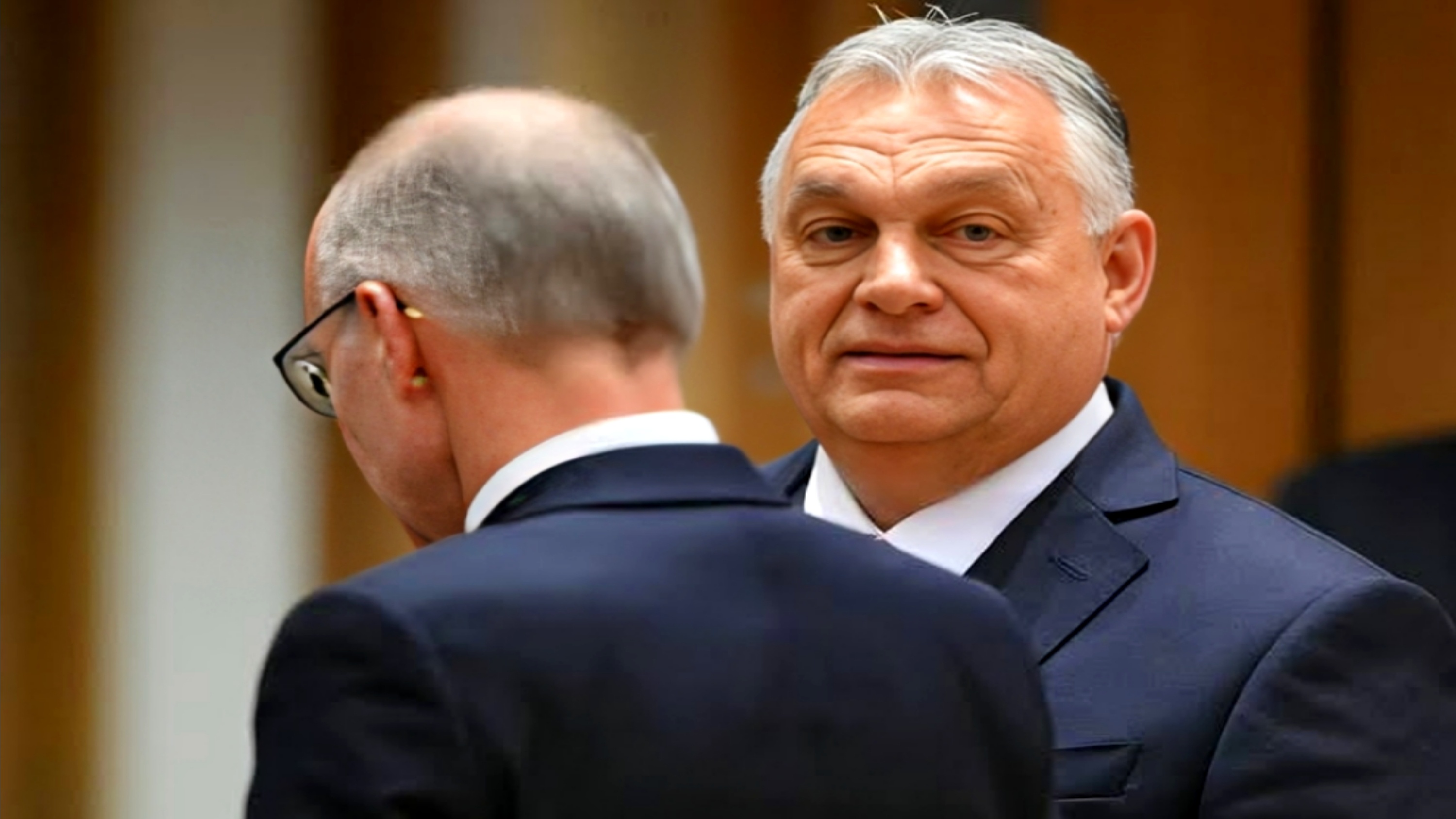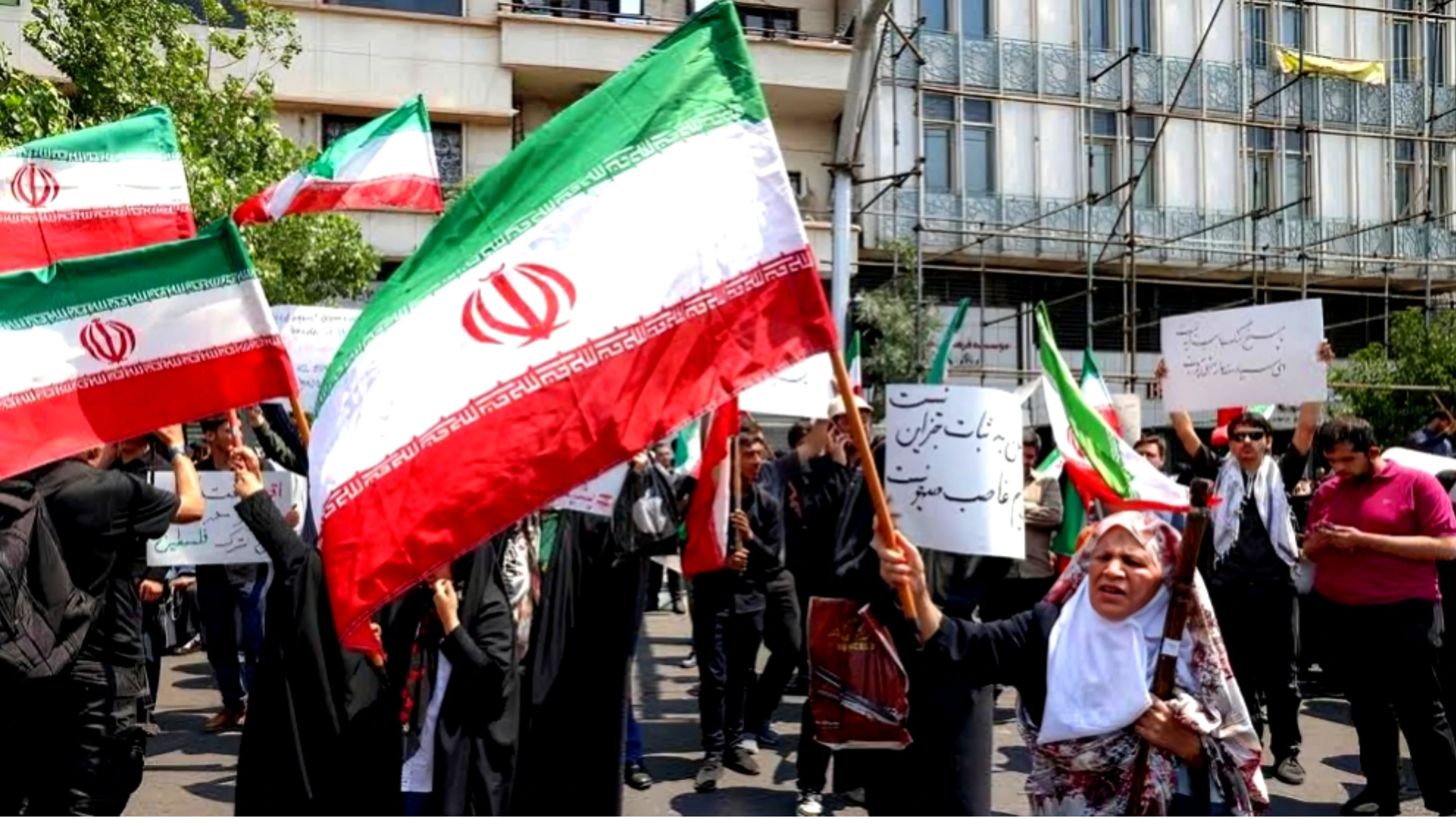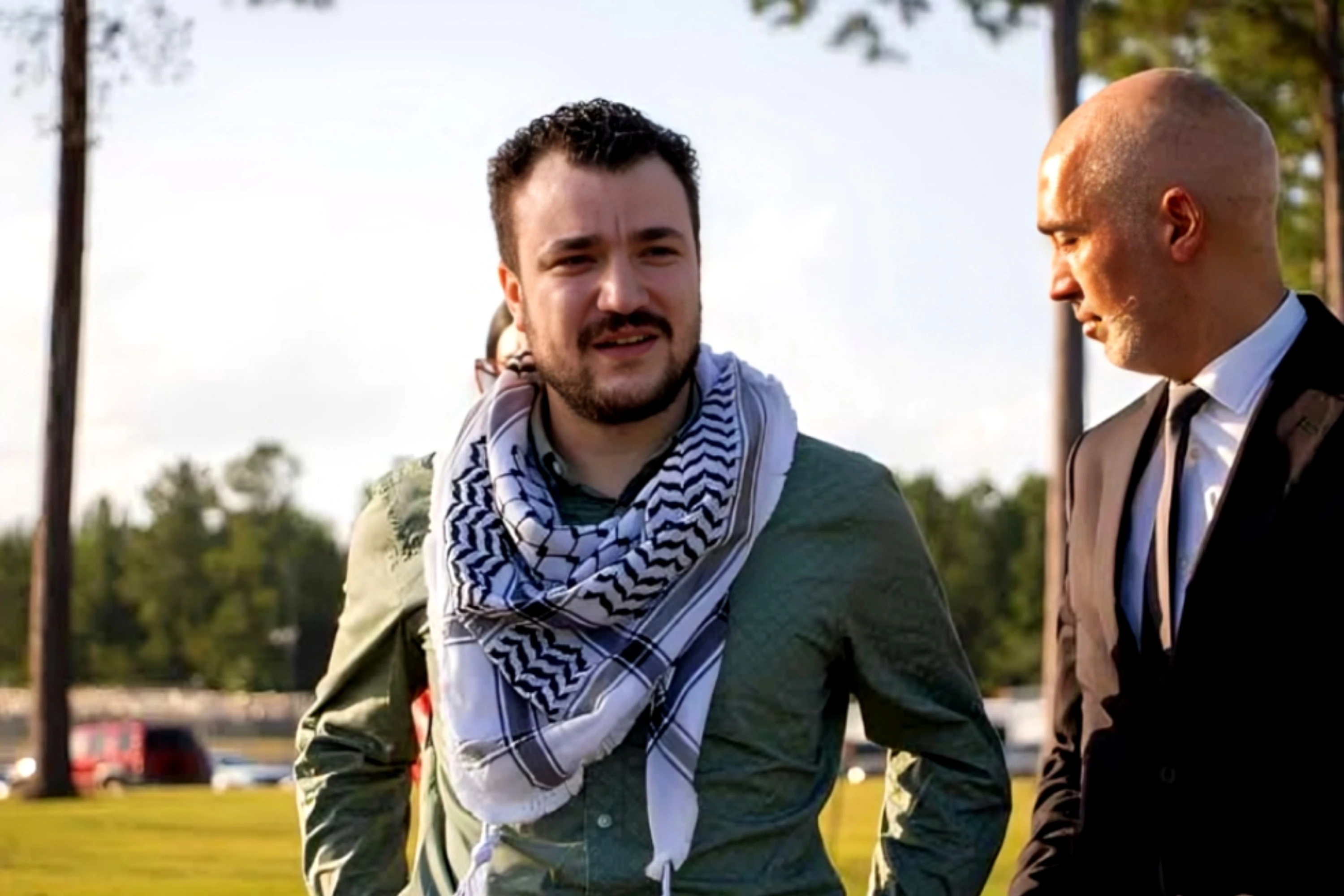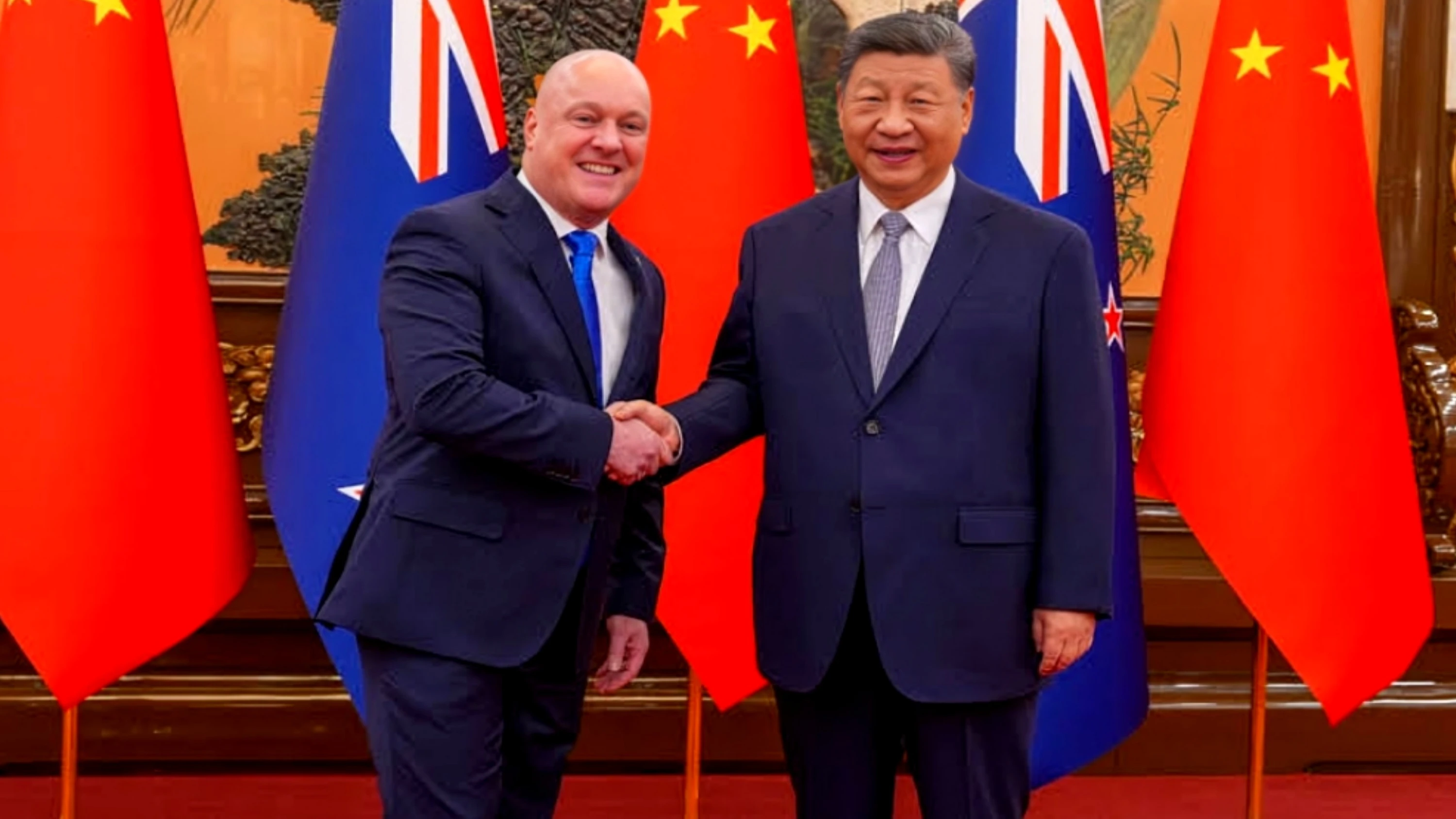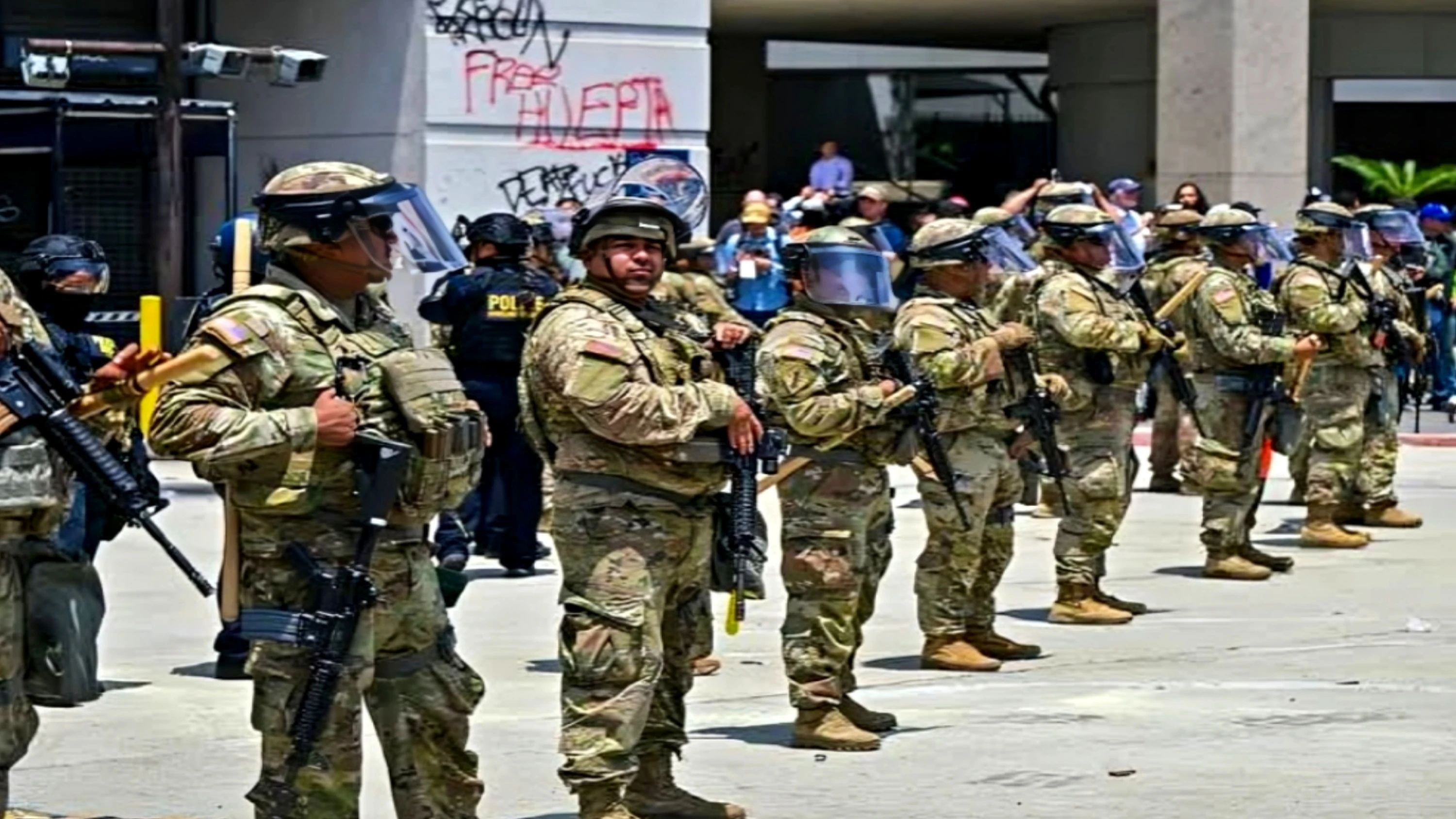Brussels: At the conclusion of a high-stakes EU summit in Brussels, European Council President António Costa declared that "Hungary is isolated" after Prime Minister Viktor Orbán blocked a joint statement supporting Ukraine.
Despite Orbán's opposition, the remaining 26 member states proceeded with an alternative declaration emphasizing "peace through strength," military aid, and security guarantees for Kyiv.
Orbán had signaled his intent to veto the original text ahead of the summit, arguing that it conflicted with U.S. President Donald Trump’s stance on Ukraine negotiations, a position Orbán has strongly aligned with. While Slovakia’s Prime Minister Robert Fico initially expressed concerns, he ultimately supported the document after references were added to Slovakia’s gas dispute with Ukraine.
With Orbán unwilling to compromise, EU leaders opted to move forward with a more ambitious statement rather than dilute their message to accommodate Hungary. Costa stressed that Hungary’s dissent left it isolated, as 26 out of 27 countries backed the decision. Despite the lack of full consensus, he expressed satisfaction with the outcome, reaffirming the EU's commitment to Ukraine.
European Commission President Ursula von der Leyen also underscored the urgency of increasing military support for Ukraine. The summit took place amid a temporary suspension of U.S. military aid and intelligence-sharing with Ukraine, a move intended to push President Volodymyr Zelenskyy toward negotiations with Russia. Both decisions could have significant consequences for Ukraine on the battlefield.
Zelenskyy, who attended the summit, thanked EU leaders for their continued support and announced upcoming talks with U.S. officials in Saudi Arabia—previously a host for U.S.-Russia discussions.
In response to criticism, Orbán dismissed claims of Hungary's isolation, arguing instead that the EU itself was isolating from major global players like the U.S., China, and Russia due to its policies. He maintained that Hungary has strong diplomatic ties with all three and insisted that the EU’s continued financial and military aid to Ukraine was excessive, warning that the U.S. would likely step back from such commitments in the future.
When asked about his strained relationship with Zelenskyy, Orbán remained diplomatic, stating that he respected all world leaders but gave little insight into whether he viewed the Ukrainian president as the right person to lead negotiations.


